 Class Notes
Class Notes
1. today's topic
(1) Drama
Drama is now commonly used to refer to a genre of film or television which is more serious than comedy. An older meaning of 'drama' was the specific mode of fiction represented in performance. The early modern tragdy Hamlet (1601) by Shakespeare and the classical Athenian tragedy Oedipus the King (c. 429 BC) by Sophocles are among the masterpieces of the art of drama. A modern example is Long Day's Journey into Night by Eugene O'Neill (1956).

(2) William Shakespeare’s “A Midsummer Night’s Dream” (p. 1309)
A midsummer Night's Dream is a comedy play by William Shakespeare, believed to have been written between 1590 and 1597. It portrays the events surrounding the marriage of the Duke of Athens, Theseus, and Hippolyta. These include the adventures of four young Athenian lovers and a group of six amateur actors (mechanicals), who are controlled and manipulated by the fairies who inhabit the forest in which most of the play is set. The play is one of Shakespeare's most popular works for the stage and is widely performed across the world.
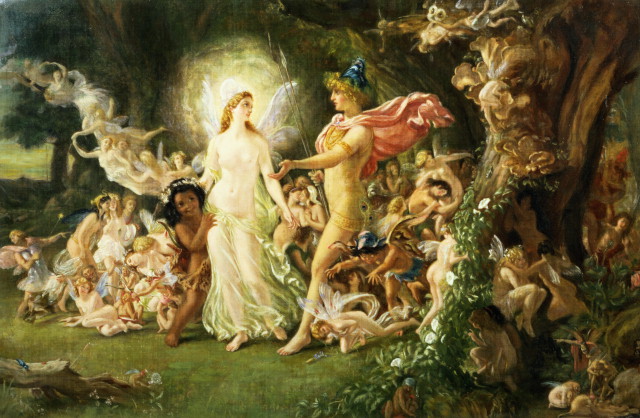
1. story's main idea
"A Midsummer Night's Dream" is a story about the fulfillment of love.
love juice is made with pansy (a.k.a. "Cupid's flower"). → 因為Cupid 的箭射到花

# Oberon sent Puck to use love juice.

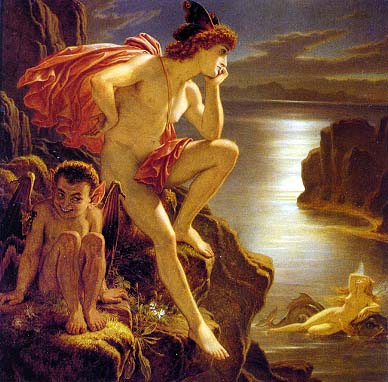
3. Cupid ( Greek name Eros = error 因箭法不準 )
In classical mythology, Cupid (Latin Cupido, meaning "desire") is the god of desire, erotic love, attraction and affection. He is often portrayed as the son of the love goddess Venus, and is known in Latin also as Amor ("Love"). His Greek counterpart is Eros.

→ Butterfly symbolizes Psyche's soul → 被男人抽離的精神 → 朦朧眼神的 psyche
Cupid and Psyche is a story from the Latin novel Metamorphoses, also known as The Golden Ass, written in the 2nd century AD by Apuleius. It concerns the overcoming of obstacles to the love between Psyche (/ˈsaɪkiː/, Greek: Ψυχή, "Soul" or "Breath of Life") and Cupid (Latin Cupido, "Desire") or Amor ("Love", Greek Eros ’′Ερος), and their ultimate union in a sacred marriage.

In A Midsummer Night's Dream, the play within a play is Pyramus and Thisbe, performed for the wedding parties at the play's end.
6. onomatopoeia
An onomatopoeia is a word that phonetically imitates, resembles or suggests the source of the sound that it describes. Onomatopoeia (as an uncountable noun) refers to the property of such words. Common occurrences of onomatopoeias include animal noises such as "oink", "miaow" (or "meow"), "roar" or "chirp".
ex: hissing (serpent's tongue) → 劇中最後
Now to scape the serpent's tongue,
We will make amends ere long;
Else the Puck a liar call.
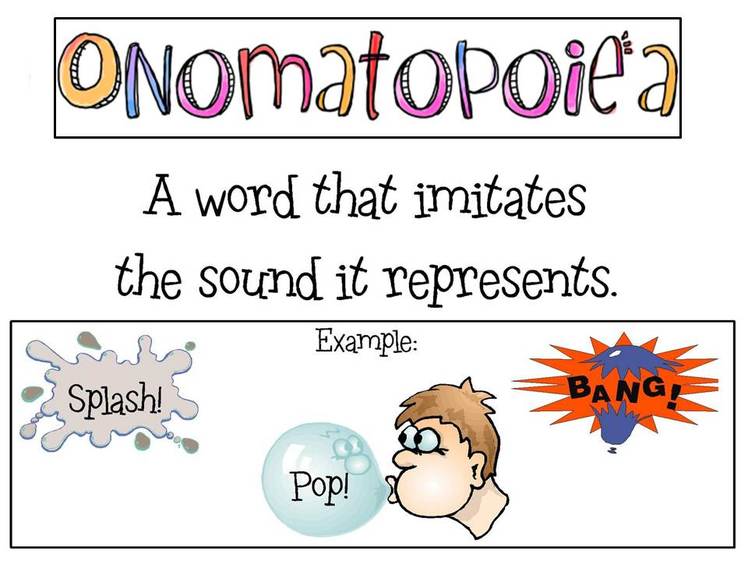

2. difinition
(1) affix
【ant】
l'amant 情人 → (ant 人) 法文字根
attendant (人)
【mis】
mistake
Don't get into mischief! 不要搗蛋呦! → from Peter Rabbit

(2) vocab
apprehend
(v) arrest (someone) for a crime.
understand or perceive.
comprehend
(v) grasp mentally; understand.
reprehend
(v) blame, criticize
amendment = fix
(n) a minor change in a document
(3) The Tempest (暴風雨)
The Tempest is a play by William Shakespeare, believed to have been written in 1610–11, and thought by many critics to be the last play that Shakespeare wrote alone. It is set on a remote island, where Prospero, the rightful Duke of Milan, plots to restore his daughter Miranda to her rightful place using illusion and skilful manipulation. He conjures up a storm, the eponymous tempest, to lure his usurping brother Antonio and the complicit King Alonso of Naples to the island. There, his machinations bring about the revelation of Antonio's lowly nature, the redemption of the King, and the marriage of Miranda to Alonso's son, Ferdinand.

→ prospero
Prospero is a fictional character and the protagonist of William Shakespeare's play The Tempest. He is the ousted Duke of Milan who has been living in exile on a remote island for the past twelve years. He's also a powerful magician, father of Miranda, master of Ariel and Caliban, and a guy who really likes his books.

→ movie: Prospero's Books 魔法師的寶典
YouTube - opening credits extract
Prospero's Books is a 1991 British fantasy drama film, written and directed by Peter Greenaway, is a cinematic adaptation of The Tempest, by William Shakespeare.
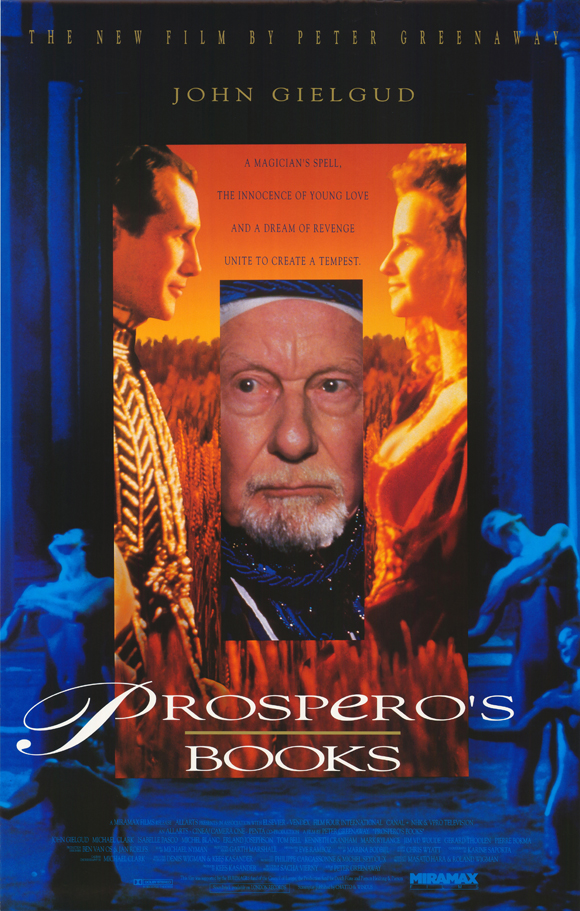
(4) Four Great Tragedies
1. Hamlet
2. Macbeth
3. King Lear
4. Othello
# Othello → iago ( 人+鳥→亂說話 )
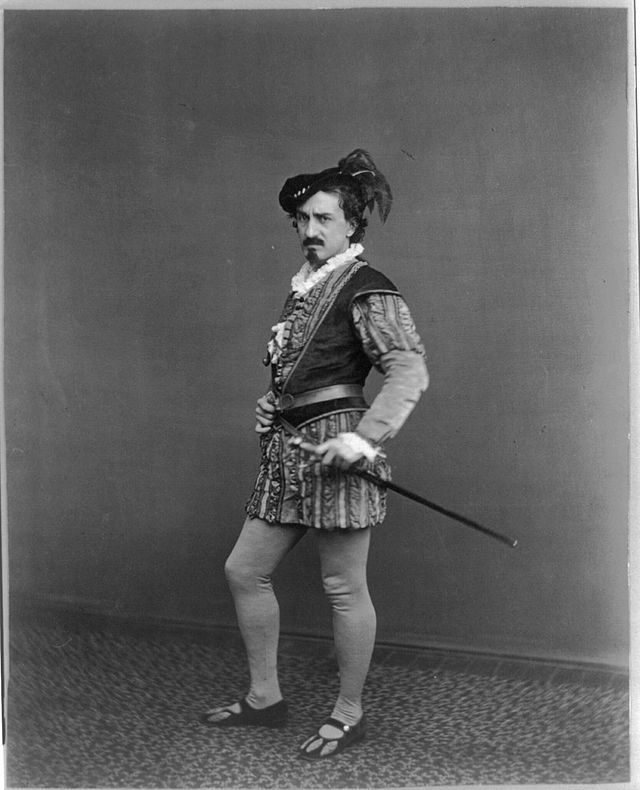

# Macbeth → Caesar (剖腹產所生)→ Caesarian (n) 剖腹產
(5) Four Great Comedies (具爭議性但基本上都有一二點)
(6) Bert & Ernie
(像校長) 噗~~~ :P

(7) Sakespeare's Sonnets "Sonnet 18"
Shall I compare thee to a summer’s day?
Thou art more lovely and more temperate:
Rough winds do shake the darling buds of May,
And summer’s lease hath all too short a date:
Sometime too hot the eye of heaven shines,
And often is his gold complexion dimm’d;
And every fair from fair sometime declines,
By chance or nature’s changing course untrimm’d;
But thy eternal summer shall not fade
Nor lose possession of that fair thou owest;
Nor shall Death brag thou wander’st in his shade,
When in eternal lines to time thou growest:
So long as men can breathe or eyes can see,
So long lives this, and this gives life to thee.
(8) the knowledge of poem
1. sound & sense
2. end rhyme
Tail rhyme (also called end rhyme or rime couée) is a rhyme in the final syllable(s) of a verse (the most common kind).
Bid me to weep, and I will weep
While I have eyes to see;
And having none, yet I will keep
A heart to weep for thee.
3. alliteration 頭韻
Alliteration is a stylistic literary device identified by the repeated sound of the first consonant in a series of multiple words, or the repetition of the same sounds or of the same kinds of sounds at the beginning of words or in stressed syllables of a phrase.
A rhyme scheme is the pattern of rhymes at the end of each line of a poem or song. It is usually referred to by using letters to indicate which lines rhyme; lines designated with the same letter all rhyme with each other.
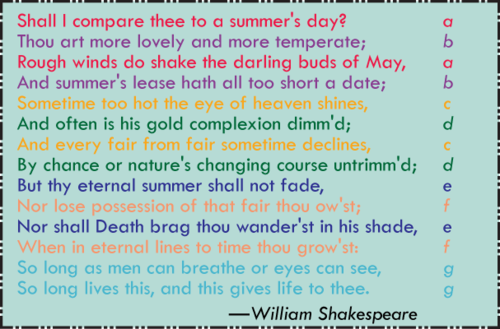
5. visual rhyme (eye rhyme / sight rhyme)
A visual rhyme is a rhyme in which two words are spelled similarly but pronounced differently and have come into general use through "poetic license" also known as artistic license. An example is the pair slaughter and laughter; although they look similar, and should rhyme based on the visual aspect, when they are spoken there is no rhyming quality.
6. iambia pentameter └ /└ /└ /
Iamb referring to a metrical form in which each foot consists of an unstressed syllable followed by a stressed one; this type of foot is an iamb. The most common poetic meter in English is iambic pentameter—a metrical form in which most lines consist of five iambs: "One cóm- | mon nóte | on éi- | ther lýre | did stríke" (Dryden, "To the Memory of Mr. Oldham").
ex: Sakespeare
"To be or not to be that is the question."
"Shall I compare thee to a summer's day?"
"A rise fair sun, and kill the envious moon."

O my Luve's like a red, red rose
That’s newly sprung in June;
O my Luve's like the melodie
That’s sweetly play'd in tune.
As fair art thou, my bonnie lass,
So deep in luve am I:
And I will luve thee still, my dear,
Till a’ the seas gang dry:
Till a’ the seas gang dry, my dear,
And the rocks melt wi’ the sun:
I will luve thee still, my dear,
While the sands o’ life shall run.
And fare thee well, my only Luve
And fare thee well, a while!
And I will come again, my Luve,
Tho’ it were ten thousand mile.
1. metaphor → (While the sands o’ life shall run)
A metaphor is a figure of speech that identifies something as being the same as some unrelated thing for rhetorical effect, thus highlighting the similarities between the two.
2. simile → (like....)
A simile is a figure of speech that directly compares two things through the explicit use of connecting words (such as like, as, so, than, or various verbs such as resemble).
3. alliteration 頭韻 (red, red, rose)
4. Luve = love (蘇格蘭拼法)

(10) poem: To Helen
Helen, thy beauty is to me
Like those Nicean barks of yore,
That gently, o'er a perfum'd sea,
The weary way-worn wanderer bore
To his own native shore.
On desperate seas long wont to roam,
Thy hyacinth hair, thy classic face,
Thy Naiad airs have brought me home
To the beauty of fair Greece,
And the grandeur of old Rome.
Lo ! in that little window-niche
How statue-like I see thee stand!
The folded scroll within thy hand —
A Psyche from the regions which
Are Holy land !
1. alliteration →The weary way-worn wanderer bore....



 留言列表
留言列表


